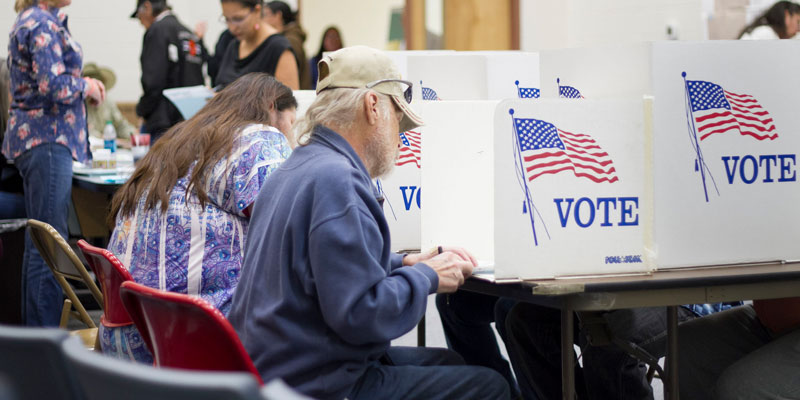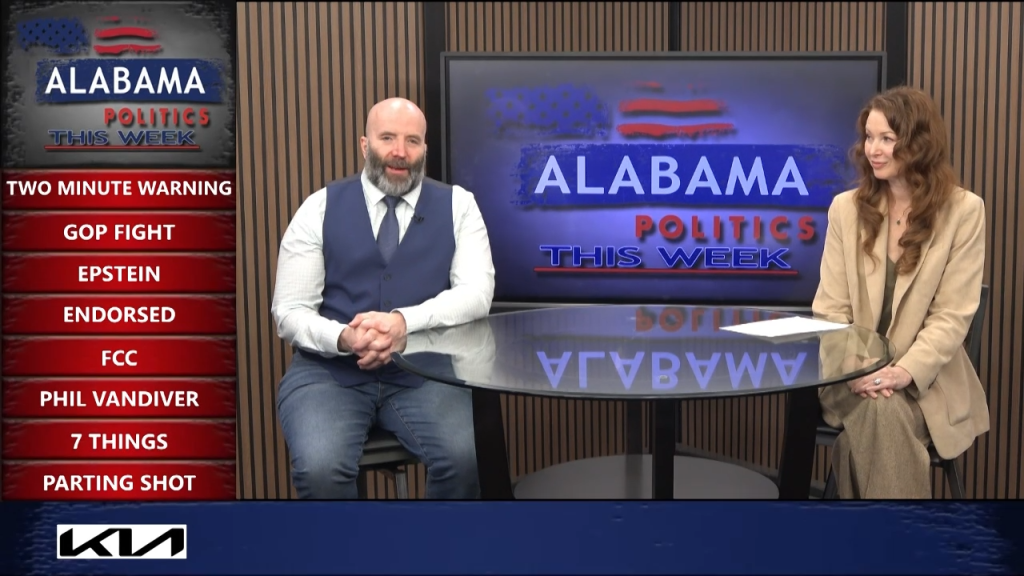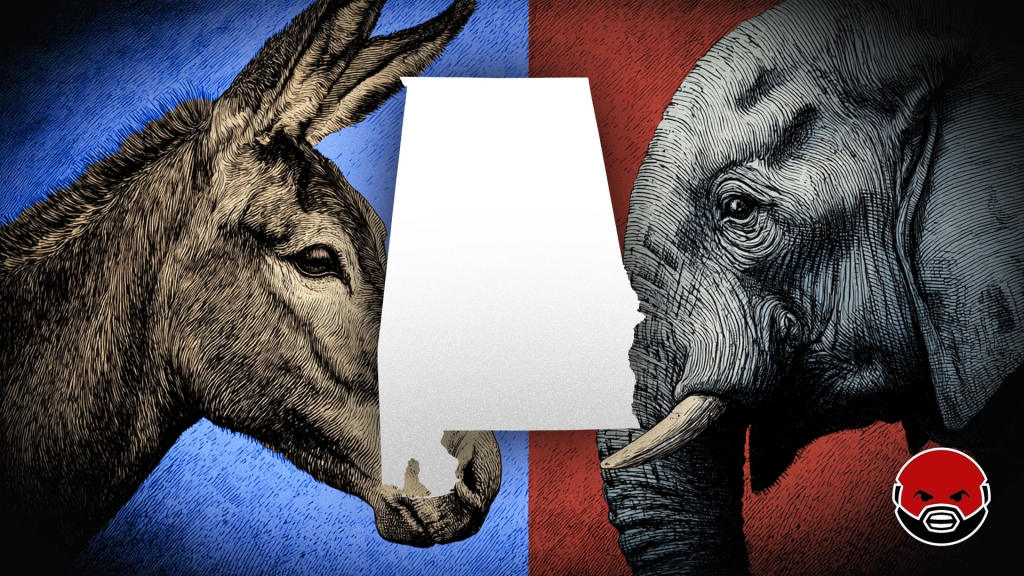“Who am I?”
We are all, at some point, faced with this question. Some, more than others, have a considerably difficult time determining an answer (see Hugh Jackman’s character struggle with this question in Les Misérables).
Although typically reserved for personal wrestling, this is a question Alabamians should be asking regularly, albeit in a different form, about ourselves as a state.
So, who are we, Alabama?
There are many ways to tackle this question. We could look at how Alabamians spend their time and their money. We might watch what Alabamians get most excited about and analyze who we honor with monuments.
We could also look towards the people we elect, those we choose to represent us, as a response to our collective “who are we, Alabama?”
As Alabamians, we love to define ourselves by our football, our faith, and our white-sand beaches. Finding someone who defines Alabama by our elected officials is a tall task.
Perhaps, however, it is these elected officials, not our sports, faith, or vacation spots, that most accurately reflect who we truly are as a state.
Franklin Delano Roosevelt, who guided the U.S. through much of World War II, reminded an Ohio crowd in 1938 “that government is ourselves and not an alien power over us.”
His words are true in Alabama today.
We don’t want to admit that, though. Our government is ourselves? Perhaps we might agree on a philosophical level that we are “the ultimate rulers of our democracy” as FDR continued in that 1938 speech, but to say that our elected officials exemplify our true values, attitudes, and manner of living on a personal level can be a hard pill to swallow.
Montgomery and a few city halls, some say, are “swamps” that don’t reflect Alabama accurately. I’m confident, however, that these “swamps” and the elected officials that govern there are not outliers – that they are, in fact, a very real mirror of ourselves.
Much of what happens in these “swamps” is indeed positive and healthy reform. The Alabama Legislature, for example, passed a bill this session that eases the burdens of moving to our state for military members and their families. Here, we see a clear reflection of Alabamians’ patriotism and support for our military. We also saw a decrease in the income tax rate for many lower-income families pass this session, a reflection of Alabamians’ support of smaller government.
Many of our elected officials are honorable public servants, just as most Alabamians are genuinely kind, caring, and moral people. We all, however, (I am no exception) have some blind spots – some less positive attributes – that our elected officials publicly display.
For example, some elected officials say one thing and do another. Do we not regularly fail to keep our promises? Alabama is, in fact, the 9th most likely state for people to break their marriage vows.
Additionally, some elected officials have been caught misusing state funds and accepting bribes as they put morality on hold for their own purposes. Do Alabamians not sometimes also ignore immorality if the end is justified, especially if it is a political end?
Furthermore, some elected officials tout their Christianity, their love for God and his commands, in ads and stump speeches only to later be revealed a hypocritical nominal Christian banking on evangelical support. Are Alabamians not, at times, just as hypocritical? Are we not the 3rd most Christian state yet one of the first to reject refugee resettlement, even though the Bible clearly commands that we love our neighbors and foreigners as ourselves?
Our elected officials offer a rare opportunity for us to see ourselves as we are – our good and our bad. Every four years or so, we break the old mirror and put up a new one, wondering if it’ll show us something different. It hasn’t. We haven’t changed. We haven’t grown in the areas we should.
This election cycle, my hope is that we will choose the best of Alabama to represent us as our elected officials. Perhaps, when paired with intentionally naming and confronting of our blind spots, we will soon be proud of our reflection.
Parker Snider is Manager of Policy Relations for the Alabama Policy Institute, an independent, nonpartisan, nonprofit research and educational organization dedicated to strengthening free enterprise, defending limited government, and championing strong families.












